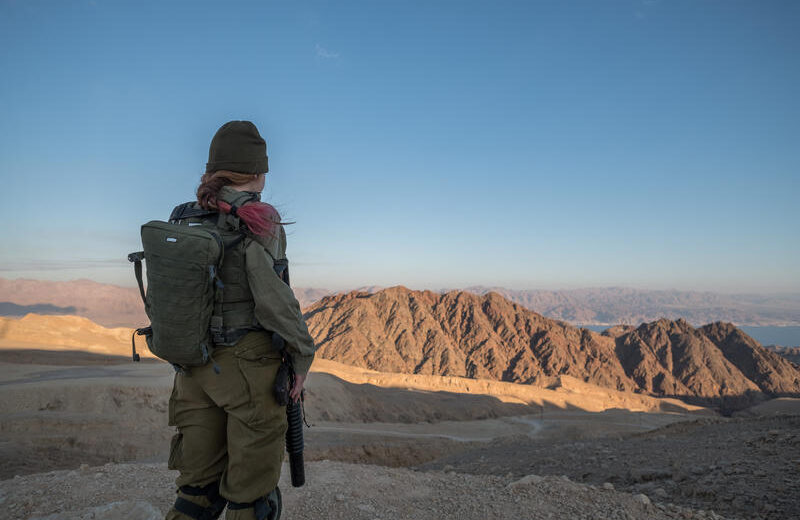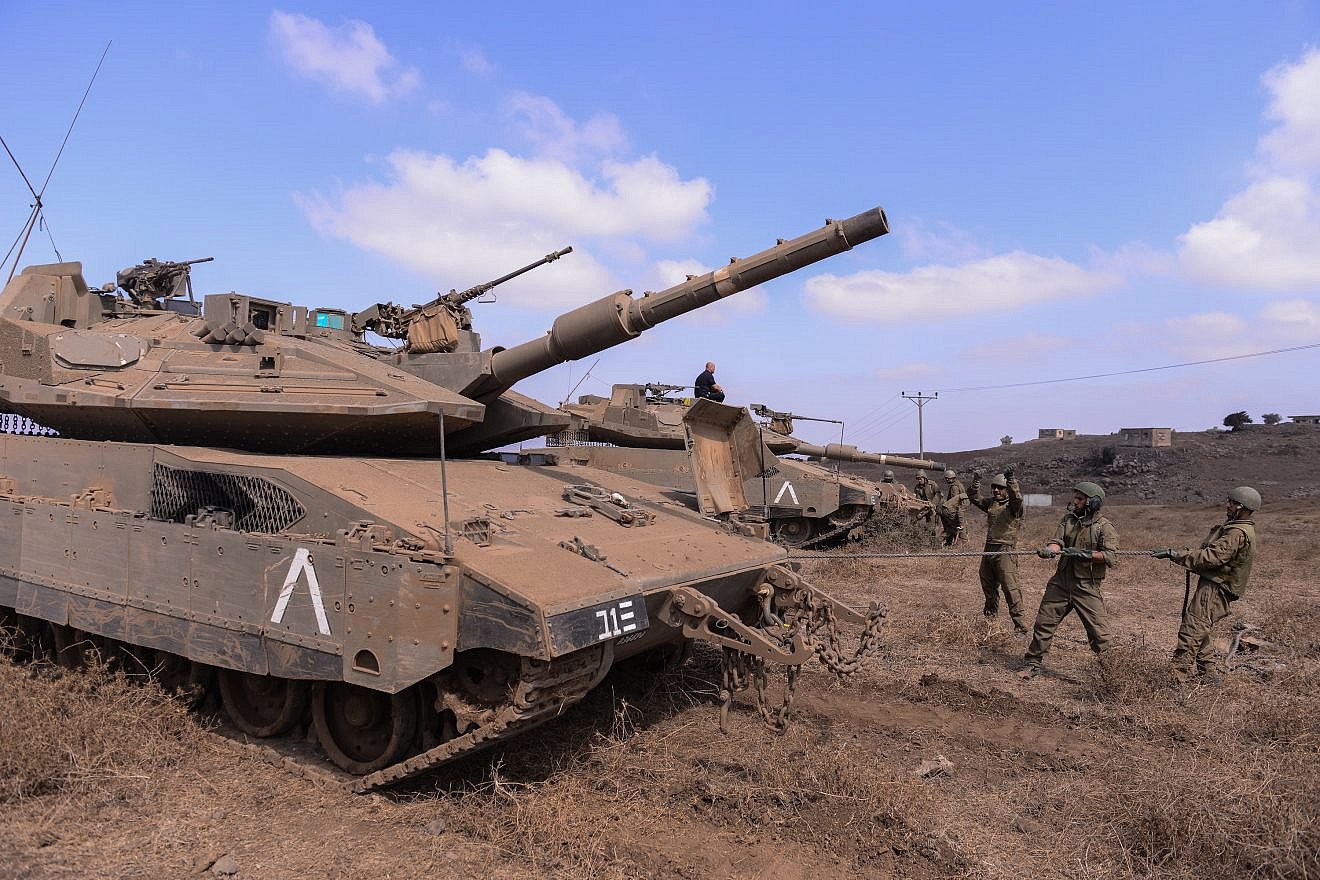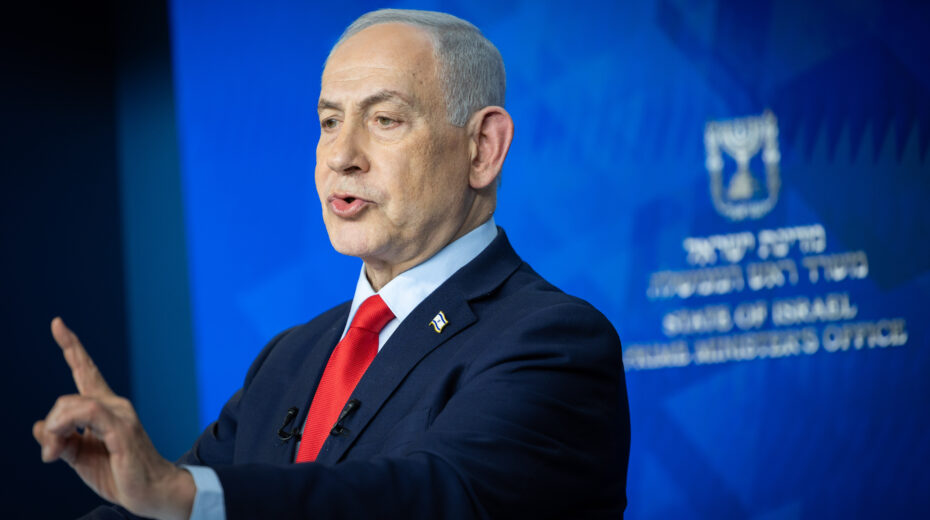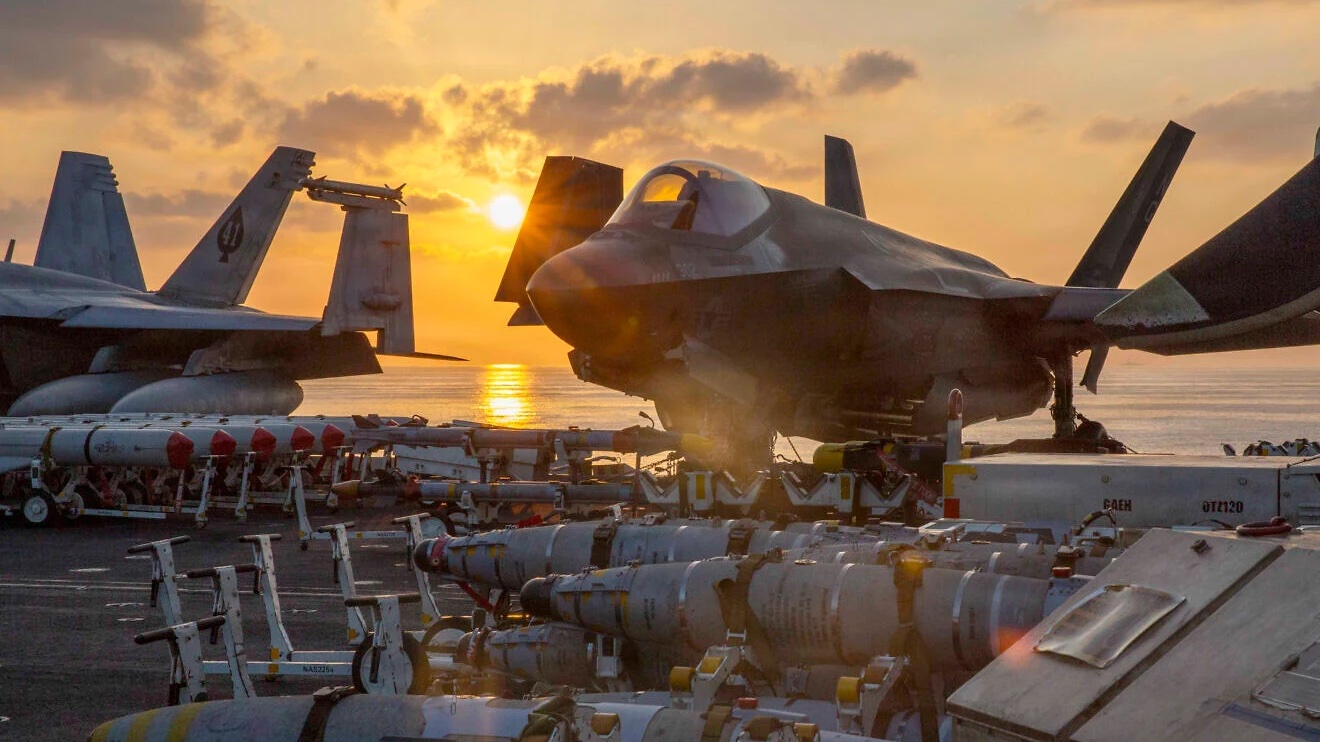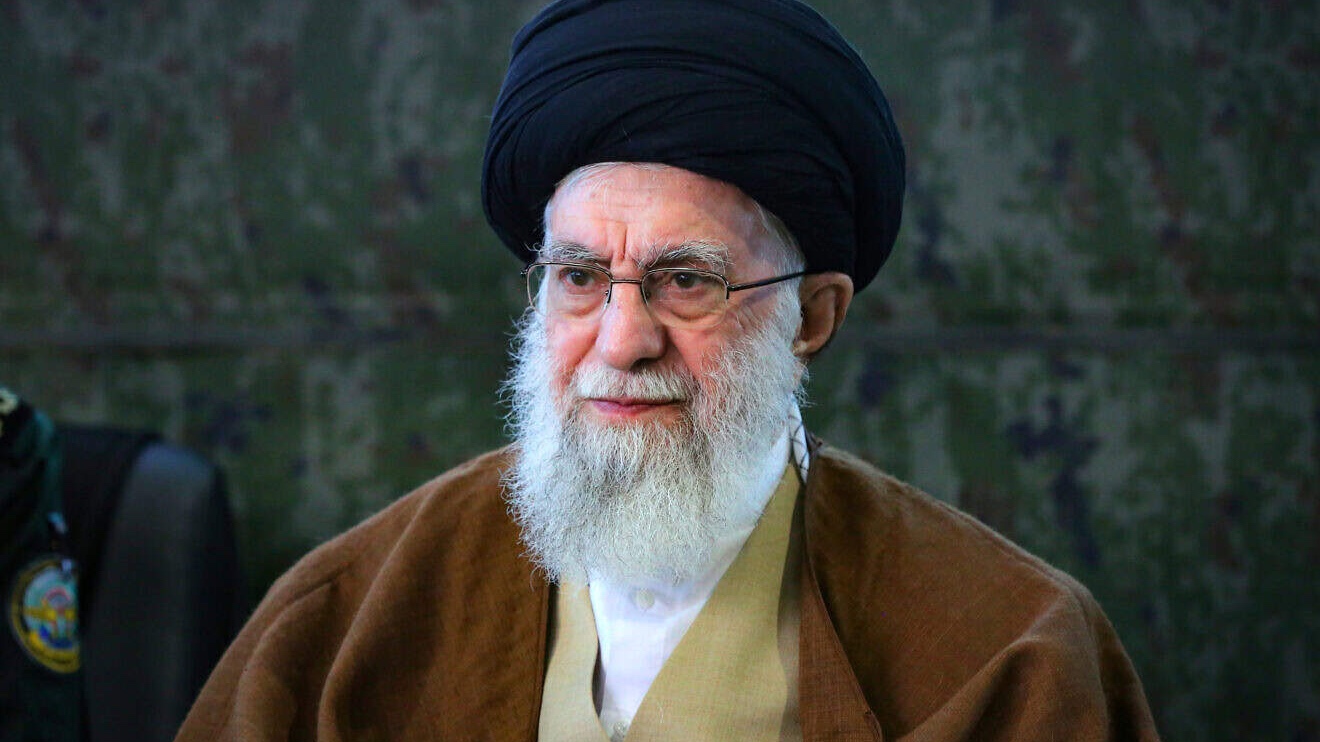IDF Chief of Staff Maj.-Gen. Eyal Zamir stunned both advocates and critics of gender integration by freezing a landmark pilot program that was training 23 women for mobile infantry duty—just six months before their expected certification. The abrupt order exposes deep rifts in Israeli society over female combat service, at a time when women already make up one in five combat soldiers and staff 58 percent of combat jobs, yet remain barred from battlefield maneuver brigades.
What happened—and why
Zamir’s decision followed a briefing from Ground Forces Commander Maj.-Gen. Nadav Lotan, who warned of “multiple stress fractures” and forecast that the cohort would miss critical fitness benchmarks. “Continuing the course would risk further injury,” an IDF statement read, adding that a redesigned “tailored pilot” would launch in 2026. The army promised to reassign the affected soldiers “in line with their preferences.”
By the numbers
- Women in combat: 20.9% of new Israeli combat recruits in 2025 were women—up from 13.7% a decade ago.
- Roles open: 58% of combat positions are now accessible to women; maneuvering infantry and armor battalions remain closed.
- Training attrition: 34 women began the mobile infantry pilot program in November 2024; 23 remained when the freeze hit.
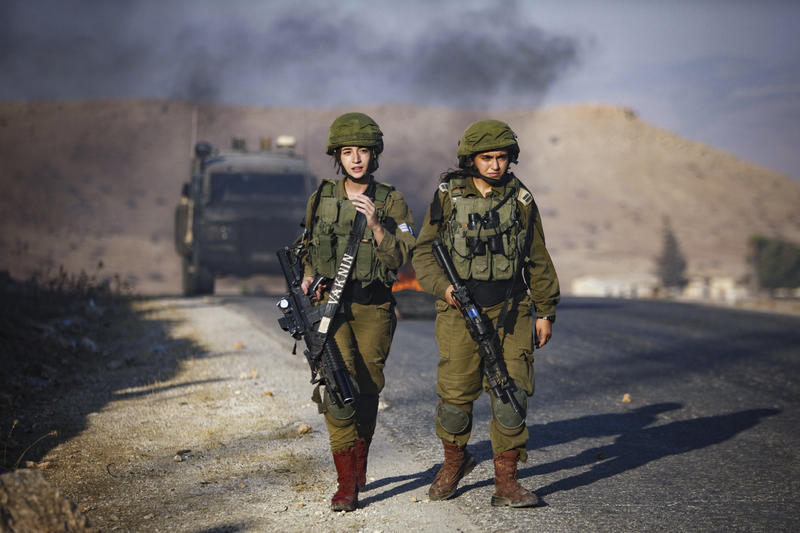
Palestinian protesters clash with Israeli forces during a demonstration against Israeli settlements in the Jordan Valley on July 31, 2021. Photo by Nasser Ishtayeh/Flash90
Political Shockwaves
Feminist groups and center-left politicians reacted angrily to Zamir’s announcement. “I don’t see anyone else stuck in endless pilots—just let women compete by the right-person-for-the-right-role rule,” argued Member of Knesset Merav Michaeli.
Ynet quoted Michaeli calling the halt “disgraceful… 31 years after Alice Miller, we’re still having this debate.”
The Deborah Forum, a network of former diplomats and generals, warned the move “blocks the promotion pipeline” for women officers.
Religious lawmakers and ultra-Orthodox media saw the situation quite differently. MK Limor Son Har-Melech (Otzma Yehudit) recently stressed that “the army is not the place for religious girls,” and Tzafnat Noderman, CEO of the Forum for Freedom and Human Dignity, called the pilot program an “experiment on human beings” for which “women will pay the price.”
Noderman said the entire debate is “rooted in feminist ideology” that “ignores the health implications for women. There are no women capable of handling the physical demands of intense combat roles in elite units. This is a biological reality.”
Religious conservative media in Israel hailed Zamir’s decision as a “victory for biology over ideology.”
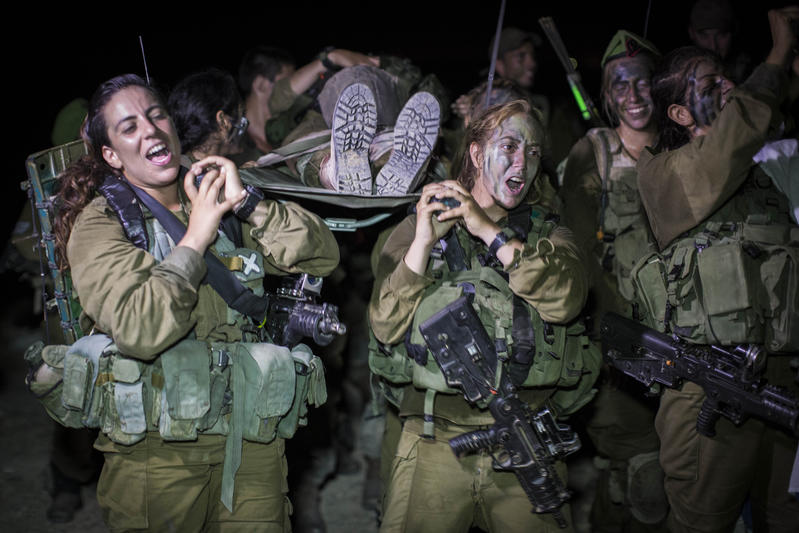
Soldiers of the mixed-gender Caracal Battalion seen cheering while carrying a fellow soldier on a stretcher at the end of their 16 Kilometer journey to complete their training course. Photo by Hadas Parush/Flash90
The military’s case
Senior officers say injury rates—not ideology—drove the pause. Internal IDF figures show injuries spike when packs top 30 kg (66 lbs), even though female dropout rates in border battalions roughly match men’s (15% vs 14%).
Allied data bear that out: A 2024 UK Ministry of Defense safety bulletin found injury rates “significantly higher for females than males,” especially among untrained troops.
How we got here: A brief timeline
- 2000-2016 — Border battalions: Creation of mixed-gender Caracal, Bardelas, and Lions of the Jordan units.
- 2017 — Tank pilot: All-female crews tested in the Armored Corps.
- 2023 — “Commando Petition”: High Court case pushes for access to elite infantry; then-Chief of Staff Aviv Kochavi freezes expansion.
- 2024 — Religious-women platoon: A gender-segregated combat platoon launches for religiously observant women.
- 29 May 2025 — Zamir’s halt: Mobile infantry pilot canceled.
Global benchmarks
Britain completed full gender integration by 2021, opening even the Royal Marines to women. The BBC notes that large numbers of women were not expected to apply, but the policy rests on equal-opportunity principles. The US Army now fields female Ranger company commanders, choosing to bolster fitness programs rather than pause integration.
Strategic stakes
- Manpower math: Each mixed-gender border battalion frees roughly seven reserve battalions for Gaza or Lebanon.
- Glass ceiling: Without infantry command slots, few Israeli women reach the General Staff—a problem critics say Zamir’s decision magnifies.
- Public opinion: A Times of Israel poll last year found 56% of secular Jewish Israelis back opening every unit to women, but only 18% of ultra-Orthodox respondents agree.
Bottom line
Zamir’s safety-first decision lands squarely on Israel’s cultural fault line: gender equality versus combat readiness. Whether it is a prudent reset or institutional foot-dragging will shape not only the composition of frontline units but also who sits at the IDF’s highest decision-making tables a decade from now.
Many Israelis feel it’s not a question of if women will one day serve in all combat roles, but rather of when and under what conditions.
Want more news from Israel?
Click Here to sign up for our FREE daily email updates


